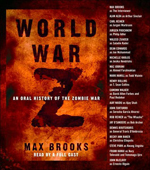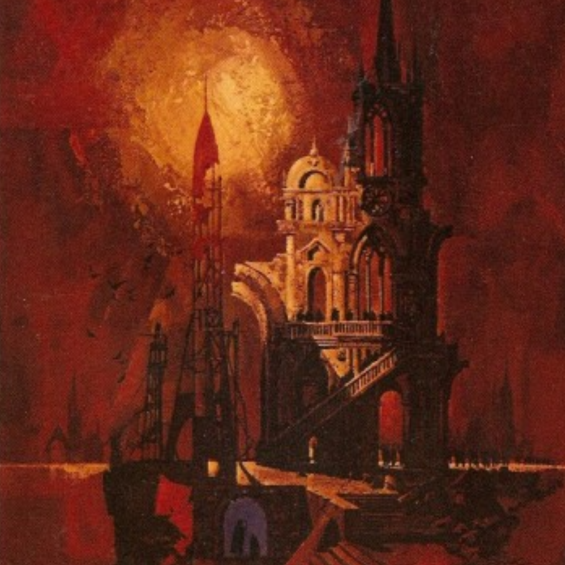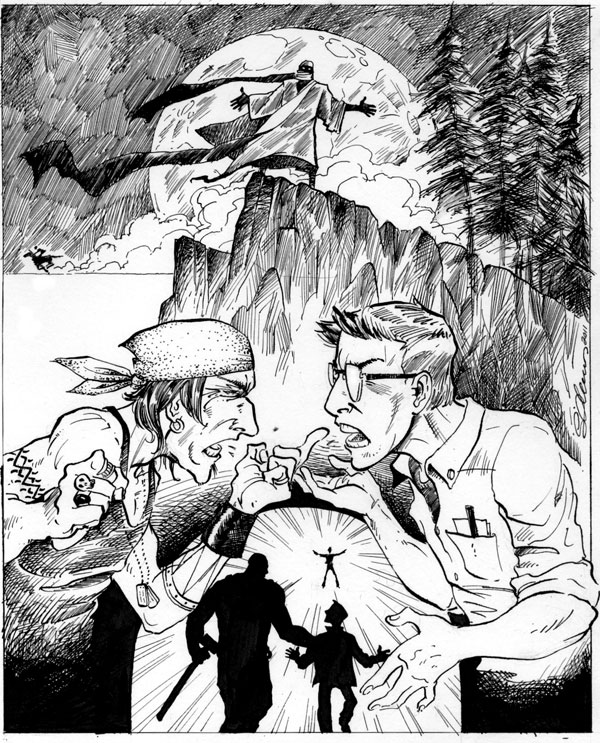
 The Stand
The Stand
By Stephen King; Read by Grover Gardner
Publisher: Random House Audio
Publication Date: February 14, 2012
ISBN: 9780307987570
37 discs – 1 day 21 hours 36 minutes [UNABRIDGED]
Themes: / good versus evil / super-flu / post-apocalypse /
Publisher summary:
Stephen King’s apocalyptic vision of a world blasted by plague and tangled in an elemental struggle between good and evil remains as riveting and eerily plausible as when it was first published. A patient escapes from a biological testing facility, unknowingly carrying a deadly weapon: a mutated strain of -flu that will wipe out 99 percent of the world’s population within a few weeks. Those who remain are scared, bewildered, and in need of a leader. Two emerge—Mother Abagail, the benevolent 108-year-old woman who urges them to build a peaceful community in Boulder, Colorado; and Randall Flagg, the nefarious “Dark Man,” who delights in chaos and violence. As the dark man and the peaceful woman gather power, the survivors will have to choose between them—and ultimately decide the fate of all humanity.
I know, I just listened to Stephen King’s Carrie and now The Stand. I’ve found that reading one King book begets more just about every time. There’s something to these tragic characters that you need more and more of.
Now, I have to tell a quick story on this one and I promise this will (probably not) be the last time I tell it to intro a review for a Stephen King novel. This is THE novel I hated so I figure it has to be told here if anywhere.
A number of years ago, I was in Borders and that tells you it was a least a couple years ago. I hadn’t read Stephen King before this time, but you can’t help being an avid reader and reading King, it’s bound to happen at some point, he’s way too prolific. I was looking through his section and I decided I would either buy The Stand or The Talisman as I’d heard very good things about both. There happened to be a guy in the same section and I asked him to make the call. He enthusiastically pointed to The Stand and thus it was purchased. I was in the middle of a huge fantasy binge at the time, making up for lost time I guess since I was never a huge reader growing up. I had read The Lord of the Rings and Chronicles of Narnia and a number of other fantasy books, but it was always sporadic at best and this was a HUGE binge I’m telling you.
I had just finished The Riftwar Saga and loved it immensely. I had The First Law sitting on my shelf and waiting to be read, calling to me even. But I was determined to read this book everyone was talking about – The Stand by Stephen King. I started reading and it was compelling enough. The super-flu, or Captain Trips was interesting and it was obviously creating this world change, but the characters were almost too real. I didn’t really like any of them, maybe Nick Andros (and how do you not like him?) and it seemed to drone on and on without anything really happening. Yes, there were the coughs in the theater, the slow spread of the flu is documented ad nauseum, but at 300 pages in, I still felt like nothing was ever going to happen.
I figured, if I’m not enjoying myself at 300 pages, then when am I ever going to enjoy this book? So I stopped. This was no easy decision, let me tell you. After all the praise, I don’t even think I’ve ever heard one poor word said about this book, I had to keep pushing and 300 pages in is really a lot since I can drop a book now after 50 to 100 pages without any qualms whatsoever.
Somehow, a couple years later I was drawn into Stephen King’s world again. This time it was The Dark Tower series with the good folks at Goodreads. Everyone seemed to be reading this series a couple years back and so I jumped in. I didn’t love the first book, but it has some great moments. The second book made me rethink my whole opinion on King because it blew my mind in so many ways. The third and fourth are two of my top ten books I’ve ever read, so you know I got to thinking about my problems with The Stand and how this fantasy fan couldn’t get into it.
Thus, the reread or more like “retry.” This time, things were completely different. I loved it from just about the first page. The way the super-flu spreads is genius – one accident leads to the cough that’s heard around the world. Then we have the characters. The first time, I could hardly stand any of them. But this time, I absolutely loved them. It was simply genius to put them in situations that seemed monumental to them at the time and you just know it’s about to become the smallest thing in the world. The girl who has to tell her parents she’s pregnant, the guy who’s just had his first hit on the radio and blows all his money, the guy who works at a failing factory, the kid who just got beat up and robbed. Simply genius.
Then there’s the “bad guys” who aren’t even all that bad, who in fact have plenty of redeeming qualities, but who happen to be on the other side. Again, genius. I can’t stop using that word.
And for some reason none of this clicked the first time I attempted reading The Stand. I do have some theories, so indulge me if you would.
- I don’t think I was read for King and all his King-ness. You’d think after having read George R.R. Martin I could take brutal reality, but that was more an exception at the time from all my other non-realistic heroes and villains reading that I just wasn’t ready for this kind of reality.
- I didn’t really get the fantasy part of the book. I KNOW! The fantasy fan doesn’t get the fantasy! What is the world coming too? But I didn’t get it at all. We had this very realistic situation with very real people and then all of a sudden there’s this “walking dude” who embodies pure evil and even sparks some supernatural events. It just didn’t gel for me at the time and started to pull me out of the story. I knew this was considered a fantasy novel, but that wasn’t the kind of fantasy I was remotely comfortable with so it didn’t work for me at the time.
- The characters. I don’t know if I’ve grown a lot as a person since then (I like to think I have), but the first time I thought Frannie was just being a brat and Larry was completely dumb. Now, I can’t even believe I thought those things of some of my favorite characters. Frannie’s giggling in awkward situations alone should have made me love her! But how else would you deal with such a situation? It was so great, I didn’t even realize it.
M-O-O-N. That spells didn’t even realize it.
Needless to say, I’m very happy I gave The Stand a second try. This is one amazing book that’s constantly compelling, especially witnessing the birth of a new civilization and the interactions of some of the greatest characters I’ve ever read. Really the only problem I had was that it felt a little too long and drawn out and that’s got to be the expanded version. For me, if there’s ever the choice between more editing and less, you should really go with less. I feel like a great book was made a little less great by adding back in what was cut in the first place. But then again … money!
I know that was the longest way in the history of anything to say, wow, what a good book. From the rise of the super-flu to the dawning of a new civilization and the ever-overshadowing and always looming confrontation, this was one epic read. Not for the faint of heart (or even close – The Kid, just think of The Kid!), but definitely an experience not to be rivaled.
Grover Gardner is just about the perfect narrator for this story. He has just the right amount of twang to his voice for the multiple southern accents and it’s gruff enough for the subject matter as well. There are plenty of characters in The Stand and he nailed every one of them.
4.5 out of 5 Stars (very highly recommended!)
Posted by Bryce L.

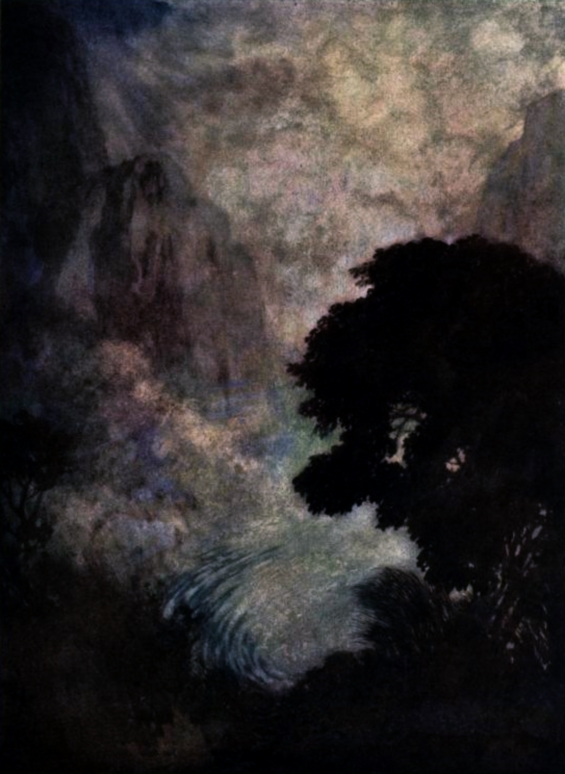
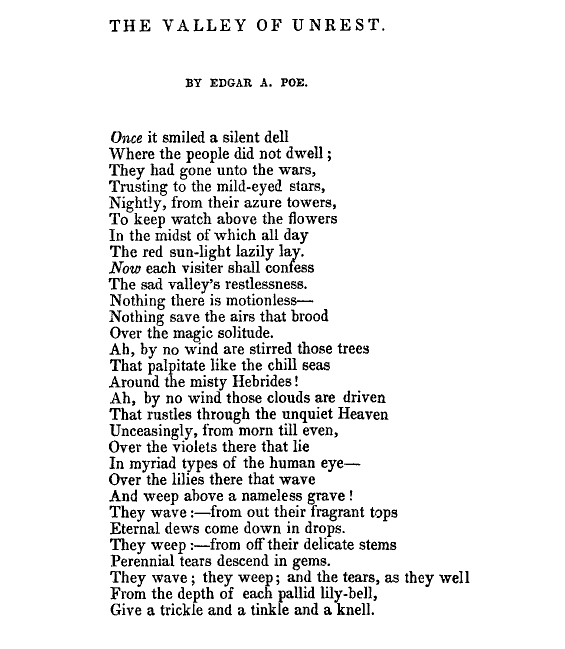
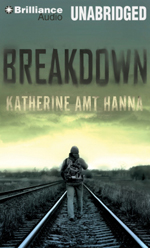 Breakdown
Breakdown